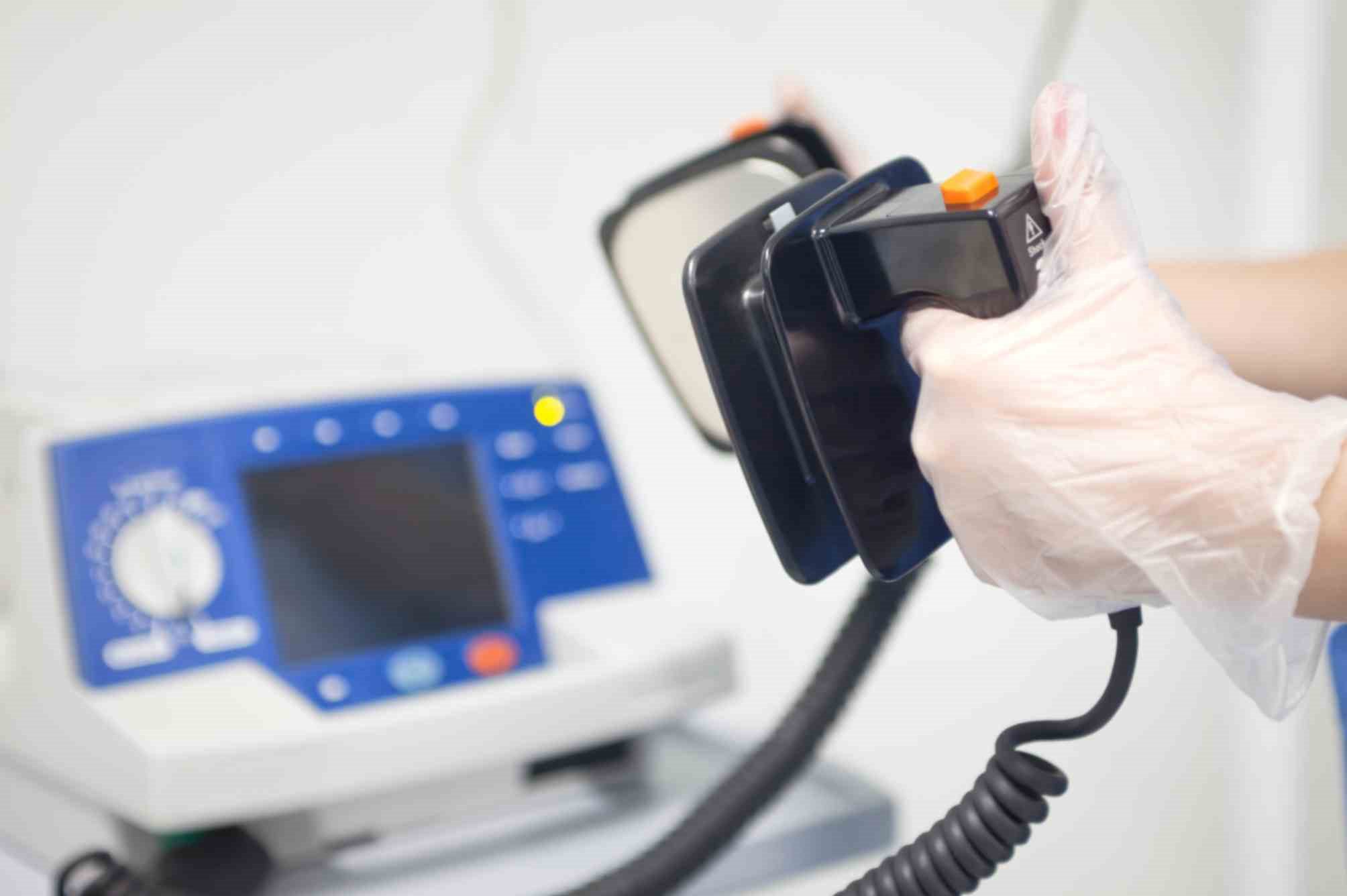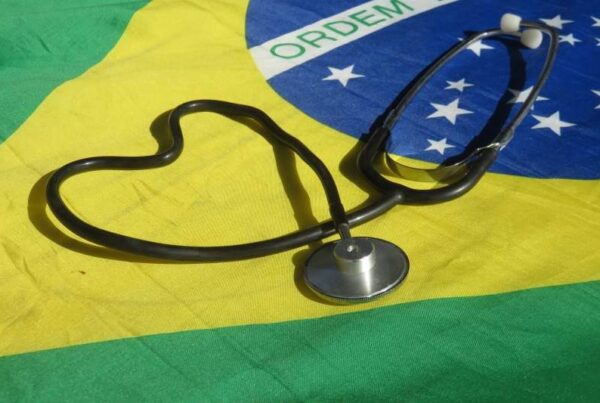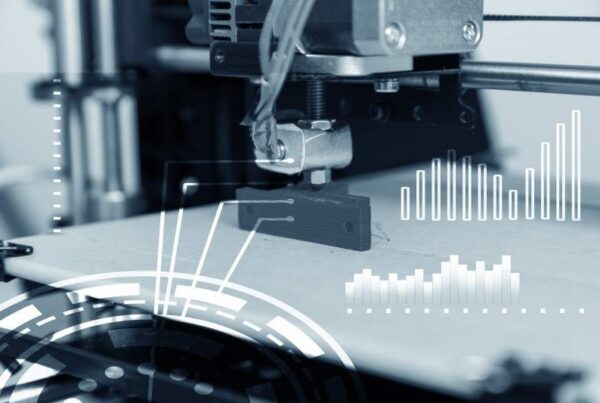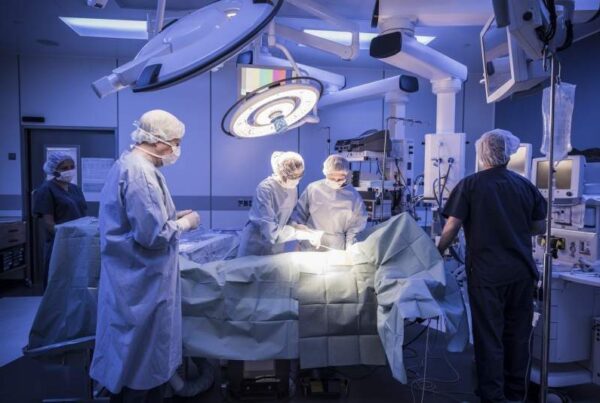The reforming healthcare infrastructure and an improving economy in Brazil have made the country a potential market for defibrillator devices. The global defibrillator market recorded USD 9.3 billion revenue in 2012 and is estimated to be USD 14.2 billion by 2019 with a CAGR of 6.2%. Defibrillator devices help physicians treat sudden life-threatening cardiac dysrhythmias and tachycardias. Factors contributing to enhanced market demand for these devices include an ageing population, an increase in the number of patients living with cardiovascular diseases, the accuracy of defibrillator devices for the detection of cardiac dysrhythmias and easy installation of automated external defibrillator (AEDs) in businesses and offices. The ICDs comprise the largest segment of defibrillator devices. Globally, the defibrillator devices market is segmented into North America, Europe, Asia Pacific, the Middle East, Latin America and Africa. North America covered the largest market share as of 2012 and is expected to grow at a CAGR of 5.7% over next few years. End-users of the defibrillator devices market include homes, hospitals, business offices, community and public access with hospitals covering 90% share as of 2012. Major global market players are GE Healthcare, Boston Scientific Corporation, HeartSine Technologies, Defibtech, Biotronik, Medtronic, Philips Healthcare, Nihon Kohden, Zoll Medical and St. Jude Medical.
Read the full article at medGadget



